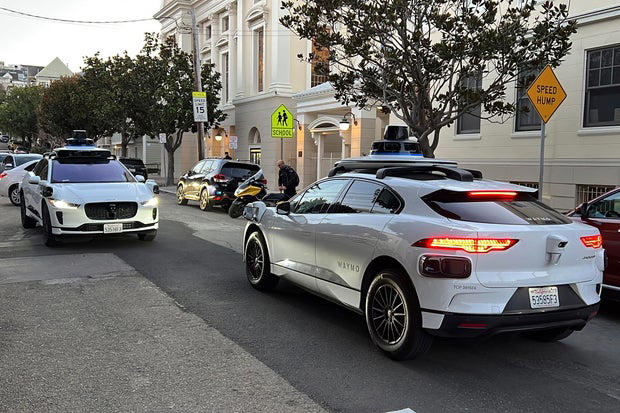The Rise of AI Agents: A Transformative Force in 2025
Understanding the Evolution and Impact of Autonomous AI Systems
In 2025, artificial intelligence has transcended its traditional boundaries, ushering in an era dominated by AI agents—autonomous systems capable of perceiving, reasoning, and acting independently. These intelligent entities are not just tools but partners in driving efficiency, innovation, and resilience across various sectors.
The Evolution of AI Agents
The journey from basic automation to sophisticated AI agents has been marked by significant advancements in machine learning, natural language processing, and reinforcement learning. Unlike their predecessors, AI agents can understand context, make decisions, and adapt to dynamic environments. This evolution is evident in platforms like Amazon's Nova Act, which utilizes simulated environments to train agents in complex, real-world scenarios .The Verge
Key Capabilities of AI Agents
-
Autonomous Decision-Making: AI agents can analyze vast amounts of data to make informed decisions without human intervention, enhancing responsiveness and agility.
-
Multimodal Interaction: They can process and respond to inputs across various modalities—text, voice, and visual—facilitating seamless user experiences.
-
Continuous Learning: Through reinforcement learning, AI agents improve their performance over time, adapting to new challenges and optimizing outcomes.
-
Cross-Domain Application: From healthcare to logistics, AI agents are being deployed to automate tasks, predict trends, and optimize processes, demonstrating versatility across industries .
Impact Across Industries
-
Healthcare: AI agents assist in diagnosing diseases, personalizing treatment plans, and managing patient data, leading to improved patient outcomes and operational efficiency.
-
Finance: In the financial sector, AI agents are employed for fraud detection, algorithmic trading, and customer service, enhancing security and service delivery.
-
Manufacturing: They optimize supply chains, predict maintenance needs, and automate production lines, reducing costs and increasing productivity.
-
Retail: AI agents personalize shopping experiences, manage inventory, and streamline logistics, improving customer satisfaction and operational efficiency.
Challenges and Considerations
Despite their potential, the integration of AI agents presents challenges:
-
Ethical Concerns: Ensuring AI agents operate transparently and without bias is crucial to maintain trust and fairness.
-
Data Privacy: Handling sensitive information responsibly is paramount to protect user privacy and comply with regulations.
-
Workforce Impact: The rise of AI agents necessitates reskilling and upskilling of the workforce to collaborate effectively with these systems .Forbes
The Future Outlook
Looking ahead, AI agents are expected to become integral to daily operations, driving innovation and efficiency. Their role in creating a resilient and adaptive digital economy is becoming increasingly evident, as they enable organizations to respond proactively to challenges and opportunities .
In conclusion, AI agents are not just a technological advancement but a paradigm shift in how businesses and societies operate. Embracing this change will be key to thriving in the rapidly evolving landscape of 2025 and beyond.
.png)
Dhisana
Author
Appreciate the small moments in life, because one day, you might look back and see they were actually the most meaningful. Many of life's setbacks come from those who didn’t realize how near they were to success when they gave up.

![PMP Exam Questions and Answers [2025]: Practice with Realistic Scenarios and Expert Explanations](https://edutechnolab.com/components/storage/app/public/photos/1/2/PMP P1.png)
![PL-300 Exam Questions and Answers [2025 Edition]](https://edutechnolab.com/components/storage/app/public/photos/1/2/Power P1.png)


















.png)






